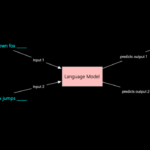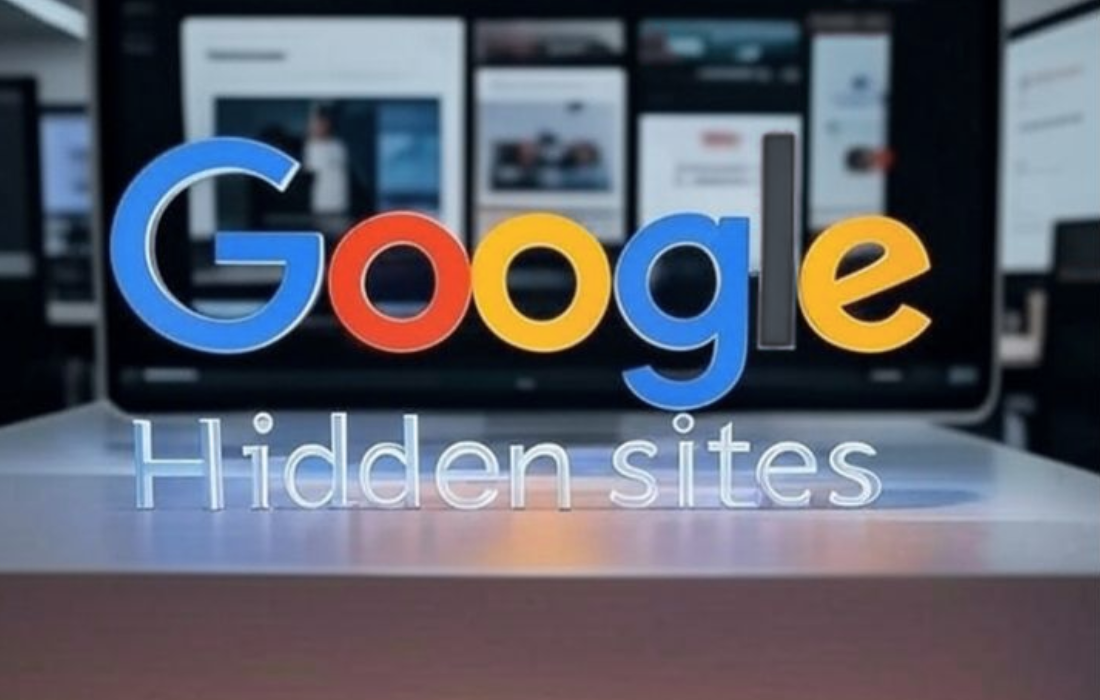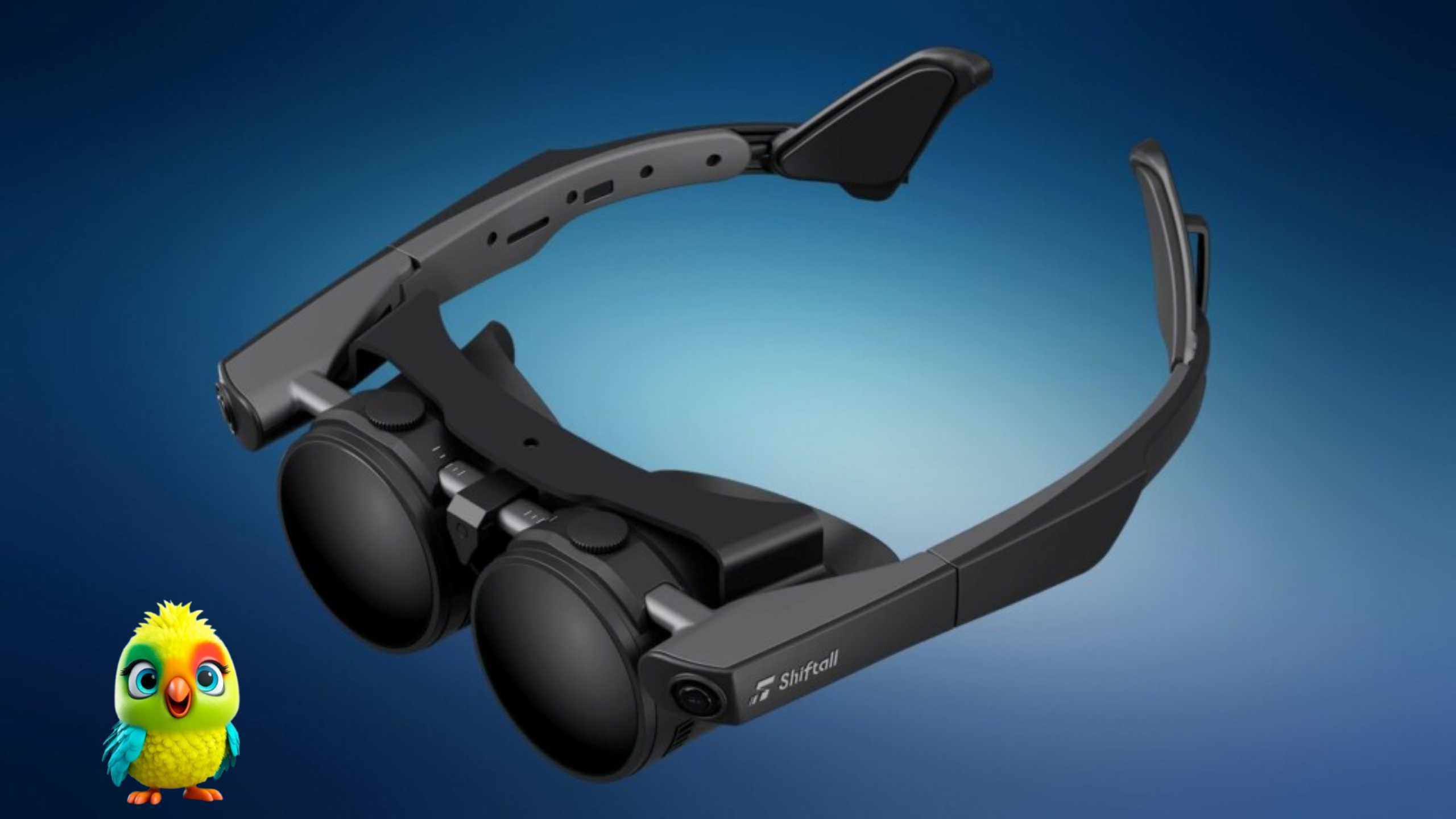In the fast-evolving world of artificial intelligence, rumors spread faster than code compiles. One of the latest headlines making waves suggests that Perplexity AI has made a $34.5 billion bid to acquire Google Chrome — the world’s most widely used web browser. But is this a sign of the next big AI revolution, or just another internet myth?
The Claim
The story goes like this: Perplexity, an AI-powered search platform, is planning to take over Chrome to directly integrate its AI assistant into the browsing experience. Supporters of this theory say it could reshape how billions of people access and interact with the internet.
The Reality
While it’s a fascinating concept, there’s no verified evidence from credible sources to confirm that such a deal is actually happening. Google Chrome is deeply tied to Google’s search ecosystem, which generates the bulk of Alphabet’s advertising revenue. Selling it off would be a drastic move.
Why This Idea Turns Heads
Even if untrue, the thought of Perplexity controlling Chrome gets people talking. Here’s why:
-
Instant Global Reach – Chrome has over 3 billion active users.
-
AI-First Browsing – A takeover could make Perplexity’s AI the default search assistant inside the browser.
-
Market Disruption – Google’s ad dominance could face a direct challenge.
The Hypothetical Playbook
If Perplexity were to own Chrome, here’s how they could transform it:
-
Built-in AI Search – No more typing into a search box; the browser simply answers.
-
Personalized Web – AI learns user preferences for a fully tailored browsing experience.
-
New Revenue Models – Instead of ads alone, monetization could come from AI-powered premium services.
Final Verdict
Right now, this is more rumor than reality. But the conversation it sparks is worth having. AI is already reshaping search, and the battle for control over browsers could be the next big frontier. Whether it’s Perplexity, another AI innovator, or a tech giant like Microsoft, one thing is certain — the future of browsing won’t look like the past.
KNCMAP Technologies will be following this story closely. If a move like this ever becomes real, it could mark the biggest browser shake-up in internet history.






















